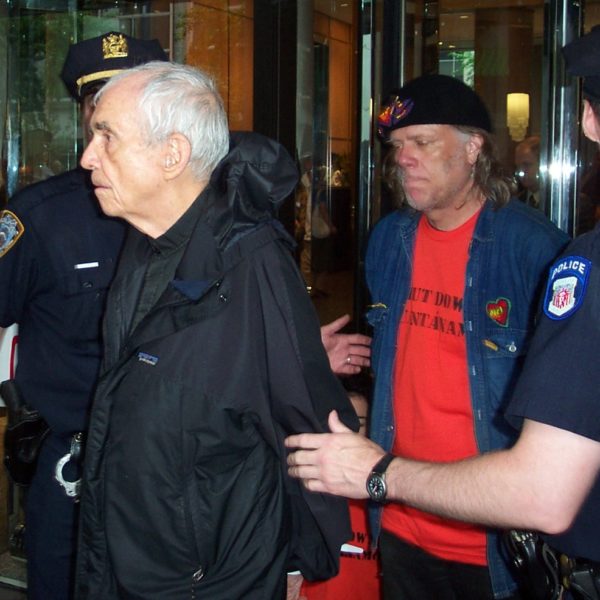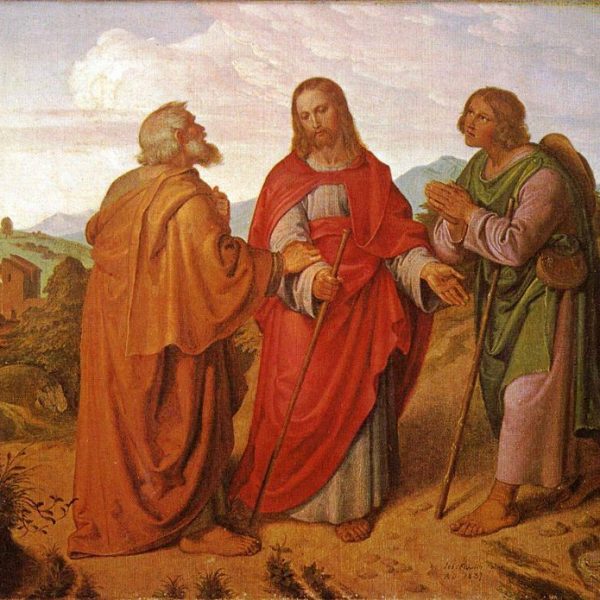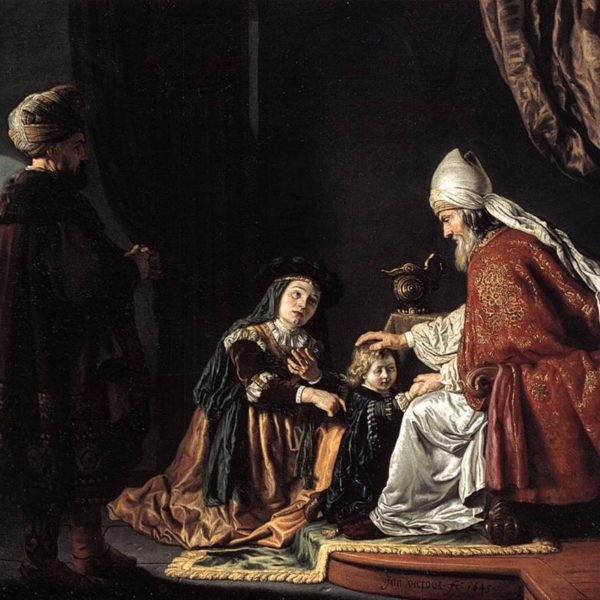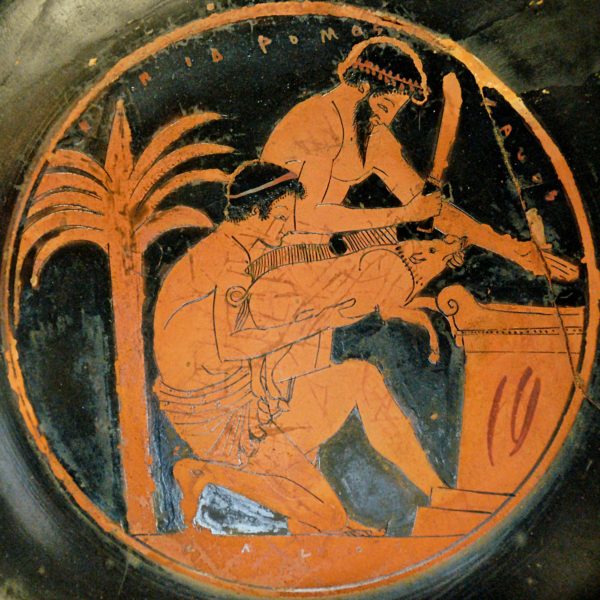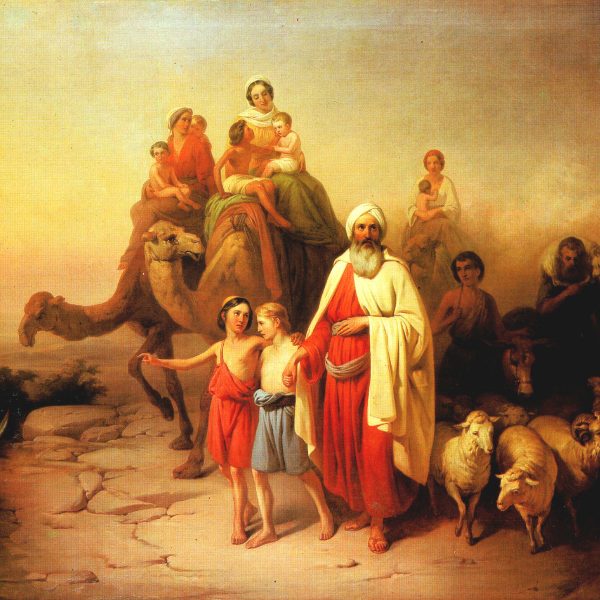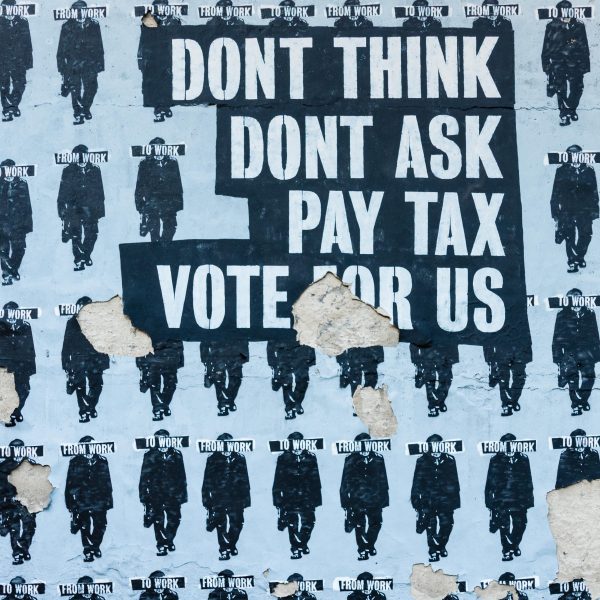
…sovereignties was as passionate as his love for the subalterns of his day. Jesus, therefore, was not calling for separating religion from politics because his alternative was a kingdom (politics)…
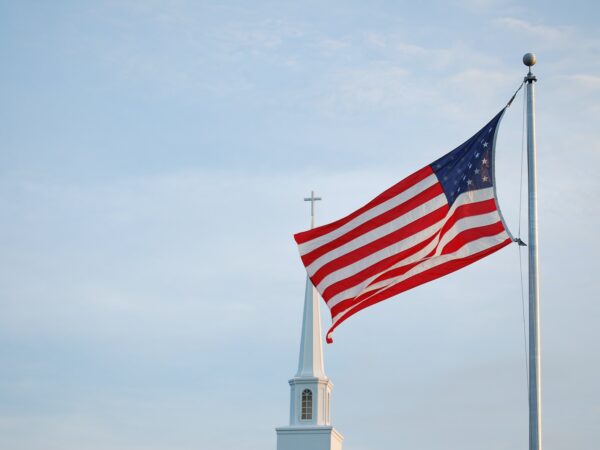
…God. God’s call is not to engage in politics of personal power or self-service, but engage in a politics of liberation, one that ends the idolatrous hold on power so…

…should suffer these things and then enter into his glory?” Then beginning with Moses and all the prophets, he interpreted to them the things about himself in all the scriptures. As…
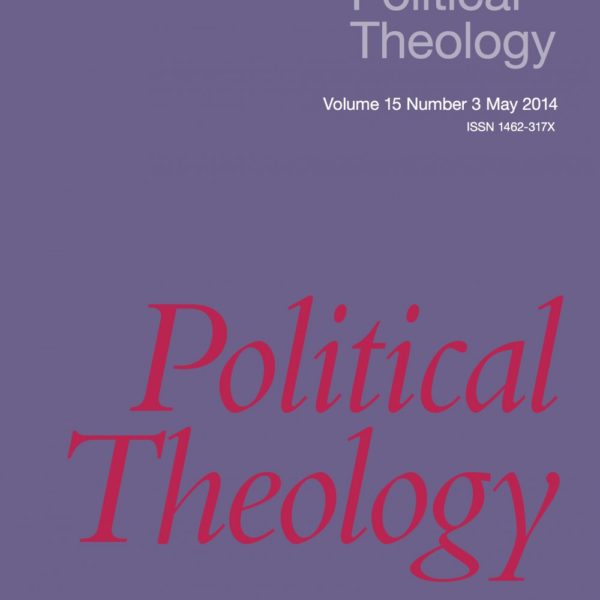
…Murphy The attention to questions of covenantalism and American politics epitomized in William F. May’s Testing the National Covenant: Fears and Appetites in American Politics, as well as in the…
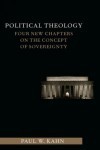
…a certain form of secular, political rhetoric? If the religious content of the categories has been stripped away, leaving only a more or less persuasive analogy between religion and politics,…
